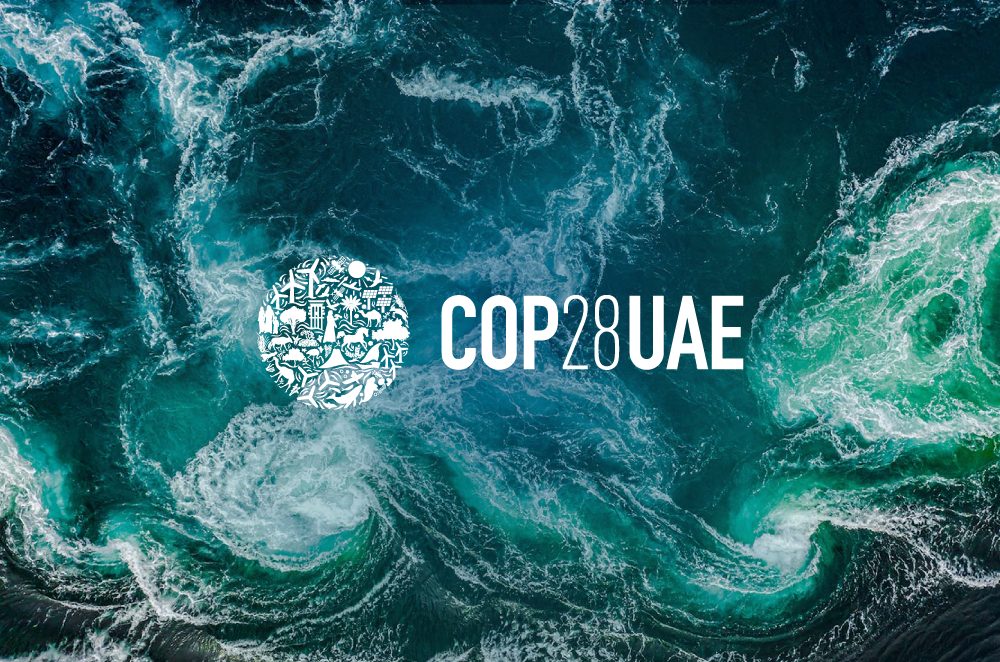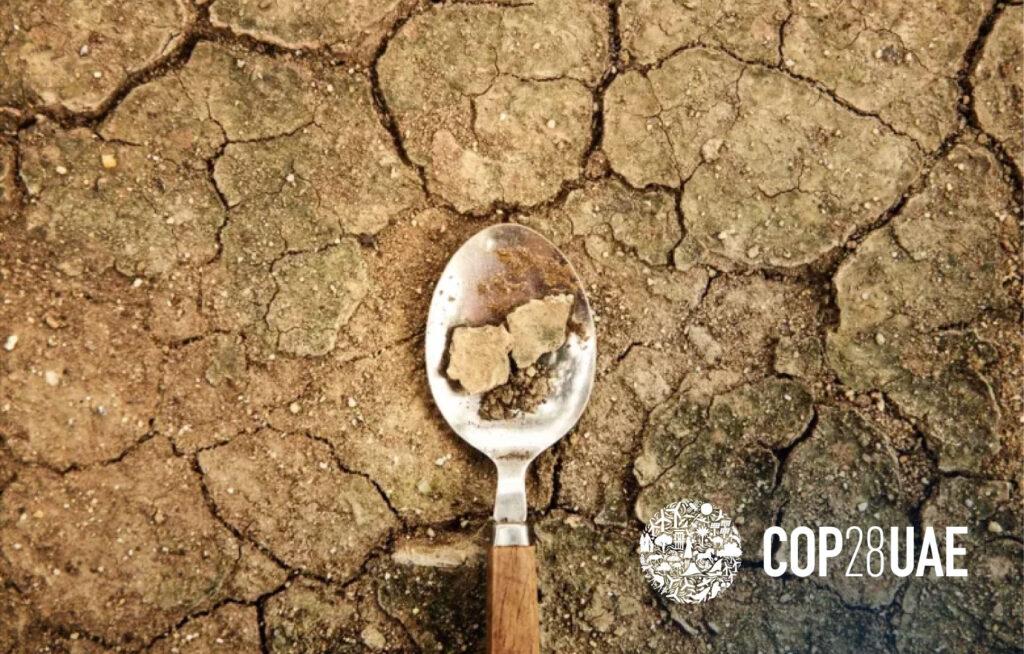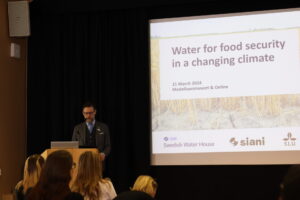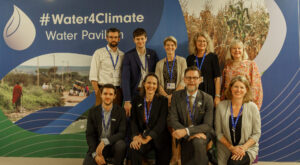Effective water management for sustainable food systems
There is no one body that can ‘fix’ our climate, water or food crisis. Increased collaboration and learning among relevant actors can improve water governance, and eventually ensure wider and equitable food security.
In Africa, effective water management can strengthen food security, mitigate climate change, and also positively boost Africa’s economy.
95% of Africa’s food production is rainfed, yet it receives very little attention. SIWI’s Transforming Investments in African Rainfed Agriculture (TIARA) project is making the business case to attract finance towards the rainfed agriculture sector.
TIARA is working closely with the Zambezi Watercourse Commission, to influence policies that attract finance in the right places to support rainfed agriculture.
Small investment big return
From the public to the private sector, TIARA is demonstrating how to “invest small and get higher and long-lasting returns,” says Lydie Menouer, Partnerships and Financing Advisor to TIARA.
According to Menouer, incentive-based models can create a win-win situation for farmers, water conservation and sustainable land management. One such mechanism is ‘Payments for Ecosystem Services’: an incentive-based model where farmers and local communities play the role of service providers and in return receive remuneration from governments or other parties in agreement.
“When farmers are trained to effectively manage rainwater, we can attract the right level of funding,” says Earle.
Incentive based models can thus greatly contribute to poverty alleviation and achieving food security.
Follow SIWI to COP28
Join SIWI in a range of events, onsite and online, as we highlight water’s role in effectively addressing climate change. We are also the leading organizer of the Water for Climate Pavilion, where much of the water-related events will take place.
More about SIWI at COP28









